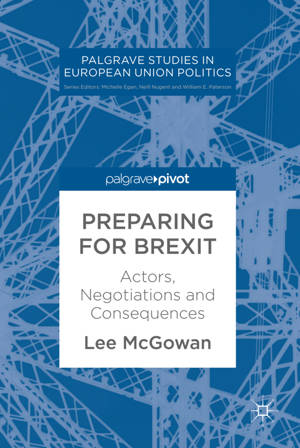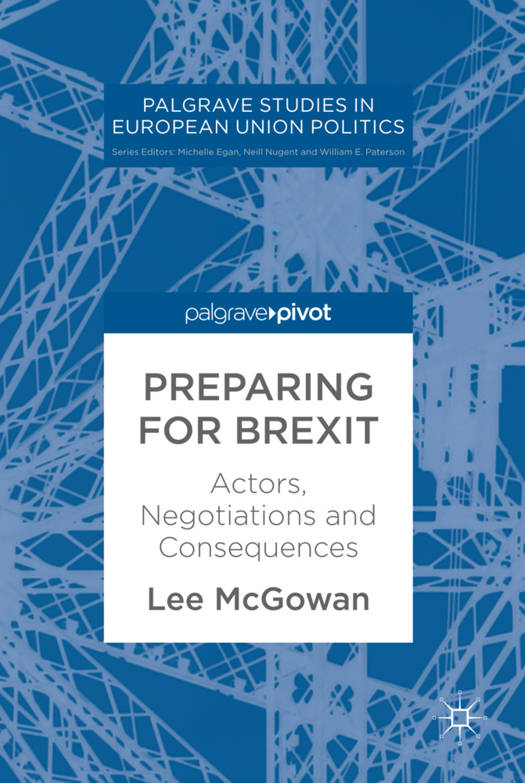
- Retrait gratuit dans votre magasin Club
- 7.000.000 titres dans notre catalogue
- Payer en toute sécurité
- Toujours un magasin près de chez vous
- Retrait gratuit dans votre magasin Club
- 7.000.0000 titres dans notre catalogue
- Payer en toute sécurité
- Toujours un magasin près de chez vous
Description
Analyses the Brexit process between June 2016 and June 2017
Contrasts key issues during the negotiations for both the UK and the EU
Gives an outlook on the fate of both unions after Britain's exit
Spécifications
Parties prenantes
- Auteur(s) :
- Editeur:
Contenu
- Nombre de pages :
- 133
- Langue:
- Anglais
- Collection :
Caractéristiques
- EAN:
- 9783319642598
- Date de parution :
- 18-10-17
- Format:
- Livre relié
- Format numérique:
- Genaaid
- Dimensions :
- 152 mm x 216 mm
- Poids :
- 294 g

Les avis
Nous publions uniquement les avis qui respectent les conditions requises. Consultez nos conditions pour les avis.






